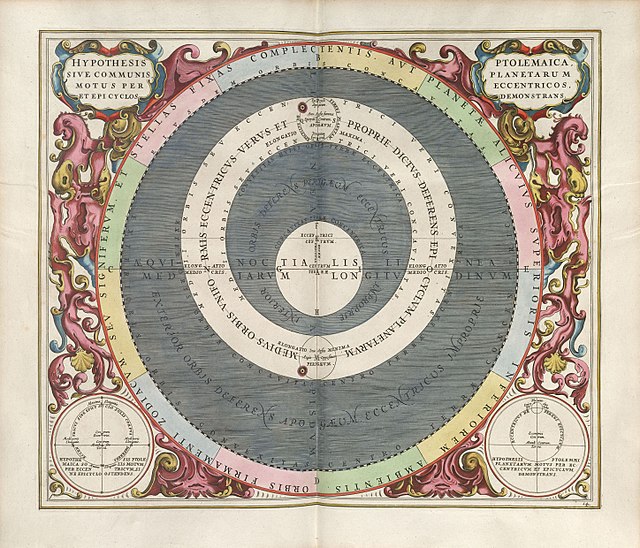A thought experiment is a hypothetical situation in which a hypothesis, theory, or principle is laid out for the purpose of thinking through its consequences. The concept is also referred to as a Gedankenexperiment within the work of Ernst Mach and includes thoughts about what may have occurred if a different course of action were taken as opposed to what did in fact occur. The importance of this ability is that it allows us to imagine what may occur in the future, as well as the implication of alternate courses of action.
Temporal representation of a prefactual thought experiment
Temporal representation of a counterfactual thought experiment
Temporal representation of a semifactual thought experiment
Temporal representation of prediction, forecasting and nowcasting
A hypothesis is a proposed explanation for a phenomenon. For a hypothesis to be a scientific hypothesis, the scientific method requires that one can test it. Scientists generally base scientific hypotheses on previous observations that cannot satisfactorily be explained with the available scientific theories. Even though the words "hypothesis" and "theory" are often used interchangeably, a scientific hypothesis is not the same as a scientific theory. A working hypothesis is a provisionally accepted hypothesis proposed for further research in a process beginning with an educated guess or thought.
The hypothesis of Andreas Cellarius, showing the planetary motions in eccentric and epicyclical orbits.





